Why Hitler attacked Russia ? (Part I)
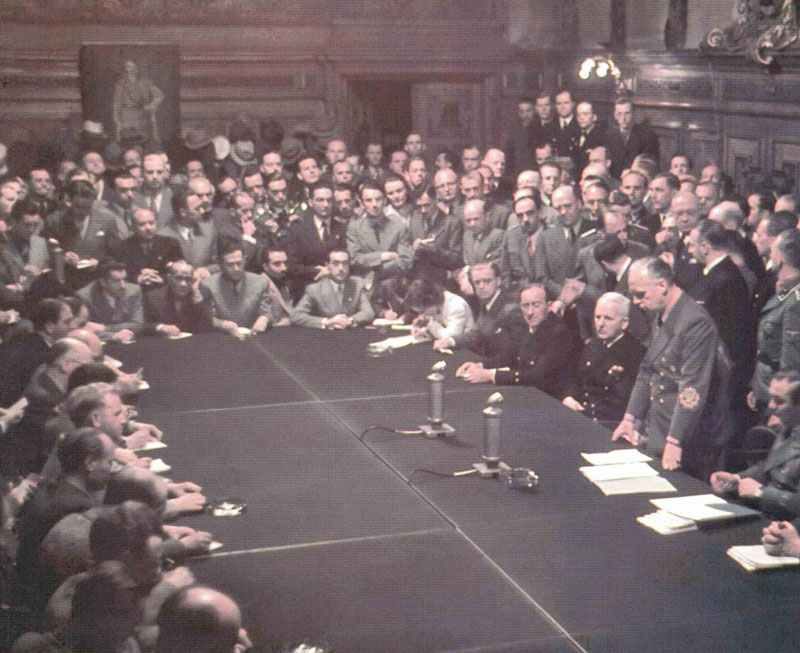
Looking on the subsequent events appearing after Hitler’s decision to attack Russia, it looks like sheer madness. Already Napoleon had found in the campaign of 1812 the beginning of his inglorious end.
Was that daring game the result of the illusory sense of infallibility, which produced the triumphant victory over France ? Was this decision the final end of a fundamentally illogical ideology, an irrational mania, who had the destruction of the ‘Jewish Bolshevism’ as its goal ?
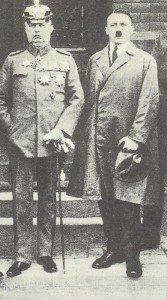
Hitler possessed a highly developed sense of the weaknesses of others. The foreign policy successes that he achieved before 1939 based mainly on the intuition of the tyrant and the instinctive readiness of the gambler to take great risks.
In August 1939, Hitler concluded with breathtaking cynicism (in which Stalin wasn’t inferior to him at all) with its actually ‘ideological nemesis’, the Soviet Union, a non-aggression pact.
But just days before this dramatic step he was telling to the High Commissioner of the League of Nations in Danzig, Carl Burckhardt, that ‘everything that I undertake is directed against Russia. If the West is too stupid and too blind to grasp this, I will be forced to make myself understood with the Russians, beat the West and then after the defeat to strike with my gathered forces against the Soviet Union’.
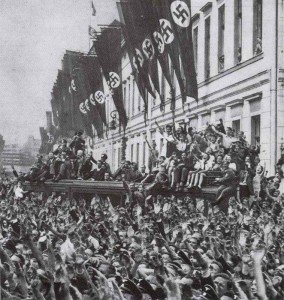
But Hitler’s military advisers and even the dictator himself was by no means certain that the British resistance would be to break as quickly, especially if behind Britain the looming shadow of the United States rose. The subterranean fear was indeed seldom spoken, but was nevertheless present: Should the United States mobilize their immense power and wealth, and as in 1917 entered the war, the chances of a German ‘final victory’ would suddenly fall.
In other words, the time was once again not on the side of Germany. Hitler declared, while waiting the risk would be greater than the action, what reinforced his gambler mentality.
One hour after his Reichstag speech of July 19, 1940, in which Hitler was calling to Britain for peace, he learned from the first press reports of the frosty reaction in London to his ‘Appeal to Reason’. On July 22, the British Foreign Secretary Lord Halifax announced in a speech what Hitler already knew: that the Empire does not put the possibility of a negotiated peace into consideration and be determined to fight.
Just one day before Halifax speech Hitler had the categorical rejection of his ‘Appeals’ accepted and first time spoke in front of the commanders of the Armed Forces of the possibility to attack the Soviet Union in the autumn of this year.
On July 31, 1940, he told the astonished generals: ‘But is Russia smashed, then England’s last hope is extinguished. The Lord of Europe and the Balkans is then Germany. Decision: In the course of this dispute Russia has to be done, in spring (May) 1941.’
This was the most far-reaching decision of WW2.
And it was done without direct emergency, so far, to counter an immediate attack by the Soviet Union previously. Even Hitler had ten days earlier stated that Russia did not want a war with Germany.
But neither the military or other lobby of the German power elites had called for this war against Russia. Rather, Commander and Chief of Staff of the army had even demanded the day before, ‘that one better with Russia keeps friendship’.
However, the assessment that the Soviets were behaving purely ‘defensively’ was based on the reports of Ambassador Werner Graf von Schulenberg and the military attaché, General Ernst August Köstring. When German air reconnaissance detected the deployment of some 246 Soviet divisions on the German-Russian border by mid-1941, Hitler was convinced of a planned attack by Stalin and regarded the preceding information as a deception.
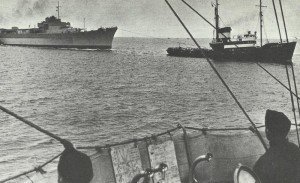
This view was echoed in the leading circles of the Wehrmacht, business and bureaucracy, which was the reason that the invasion of the Soviet Union could not encounter great resistance in these crucial circles.
Also, the Wehrmacht leadership did not meet Hitler’s lonely decision in resolute opposition. In fact, the General Staff of the Army, had already realizing the Coming, and feasibility studies were already made weeks earlier. The military leaders were aware of the strategic position as aware as Hitler was. They assumed that Britain could not be forced either by an invasion nor by bombing to peace.
However, they also designed no own strategy, how the final victory could be won. Moreover, they underestimated, like Hitler, the Red Army significantly, especially after the paltry performance in the Winter War against Finland.
The planned, only briefly running eastern campaign, promised not only the hegemony over the European continent, but also the final victory in this war. Later, sometimes in the future, the confrontation with the United States could follow. Ideology and strategic military considerations were not in conflict with each other in Hitler’s idea of the invasion of the Soviet Union. Instead, they walked hand in hand.
 See also Part II: Were there alternatives to Operation Barbarossa ?
See also Part II: Were there alternatives to Operation Barbarossa ?
References and literature
A World at Arms – A Global History of World War II (Gerhard L. Weinberg)
Hitlers Tischgespräche im Führerhauptquartier (Henry Picker)
Fateful Choices (Ian Kershaw)
Der 2. Weltkrieg (C. Bertelsmann Verlag)
Zweiter Weltkrieg in Bildern (Mathias Färber)


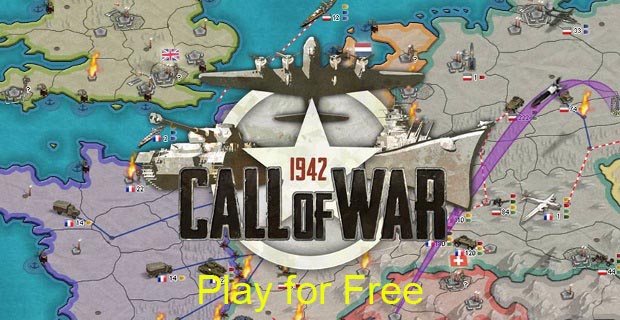
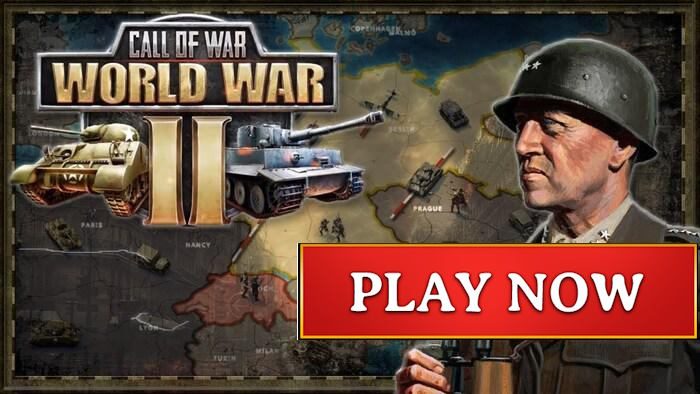
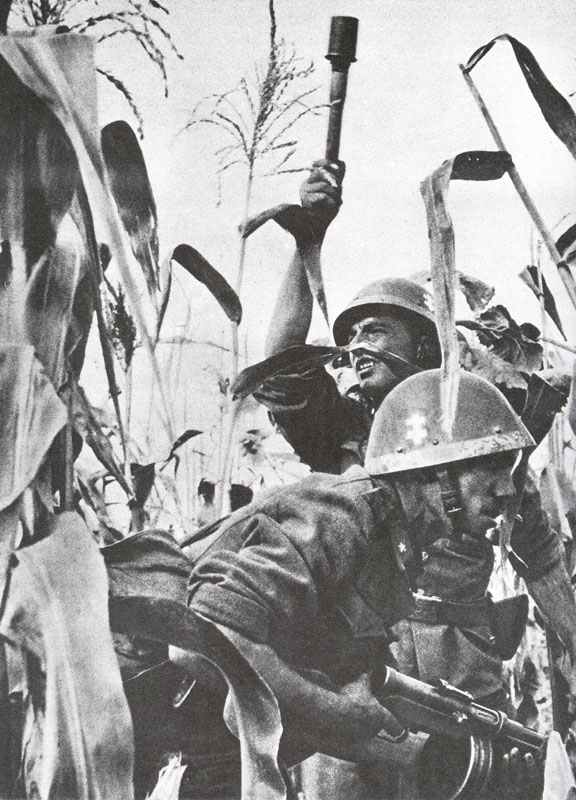
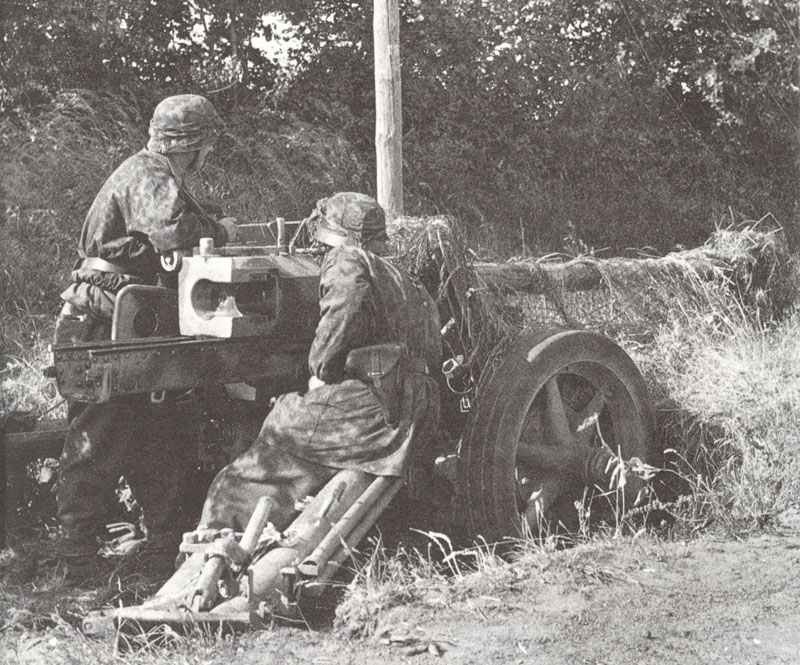
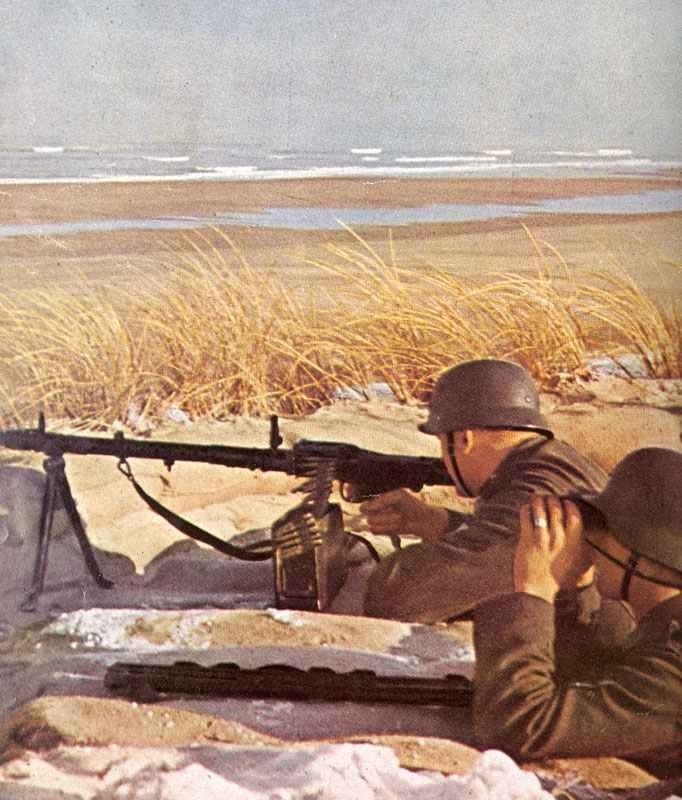
He needed oil from Baku.